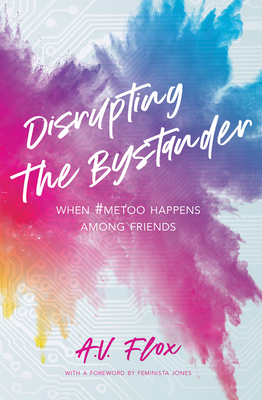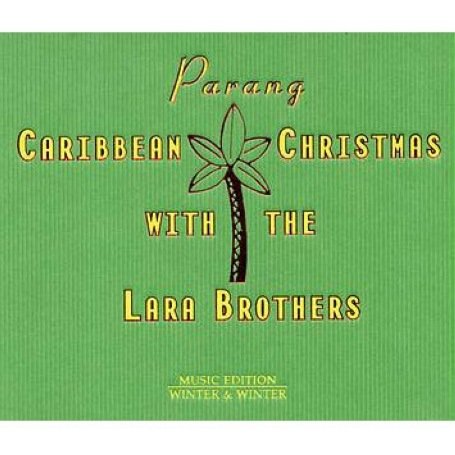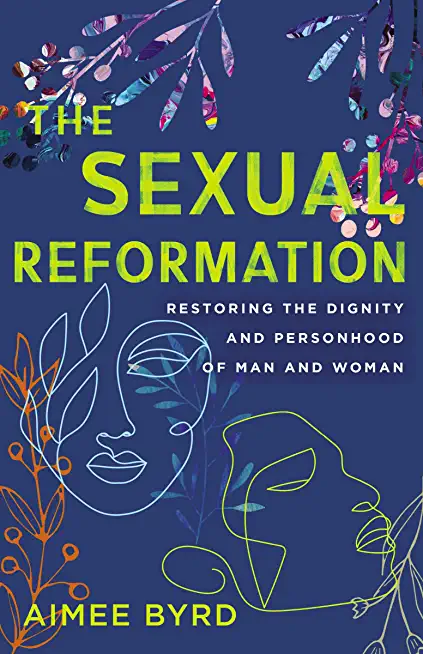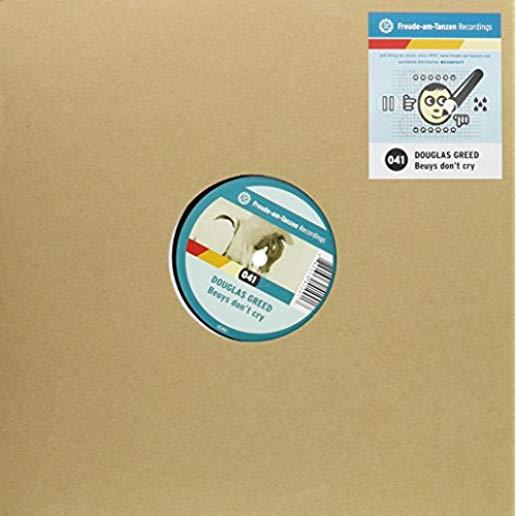
description
2We were not prepared for #metoo when it blew up Twitter in October 2017. In many ways, we still aren't. What do we do when we learn a friend has been harmed? And what does it mean to be a good friend when someone we love caused the harm? We live in a society that confines survivors to silence. Our only avenues to address harm do little to prevent its recurrence. Trapped within a binary of silence or punishment, it's no wonder so many of us remain paralyzed even as the disclosures continue. Punishment requires both certainty and authority, which most bystanders lack. But once the silence has been broken, we can't return to it. Few of us are strangers to the nagging feeling that arises within that paralysis. We intuit--correctly--that we have some kind of responsibility when harm happens in our communities, but what is it? And if we have responsibility, do we have rights? Combining behavioral neuroscience and insights from those on the frontlines of harm intervention, Disrupting the Bystander helps us break out of paralysis so that we can best support those we love--whether they were hurt or hurt someone else.
member goods
No member items were found under this heading.
notems store

Tantric Sex: Introduction Handbook To ...
by Book Club, More Sex More Fun
Paperback /Paperback$10.79
listens & views

PARANG: CARRIBEAN CHRISTMAS WITH LARA ...
by PARANG: CARRIBEAN CHRISTMAS WITH LARA BROTHERS
COMPACT DISC$19.25
Return Policy
All sales are final
Shipping
No special shipping considerations available.
Shipping fees determined at checkout.





